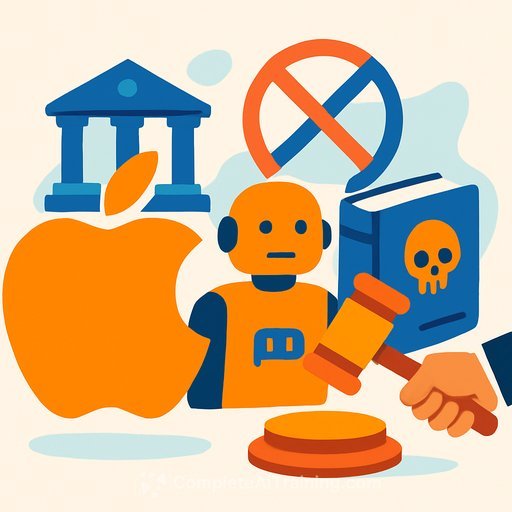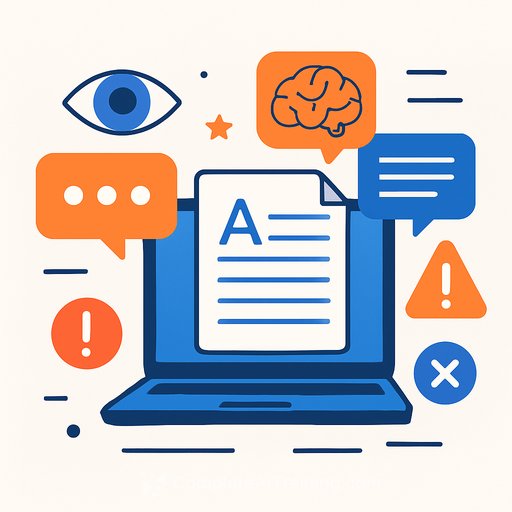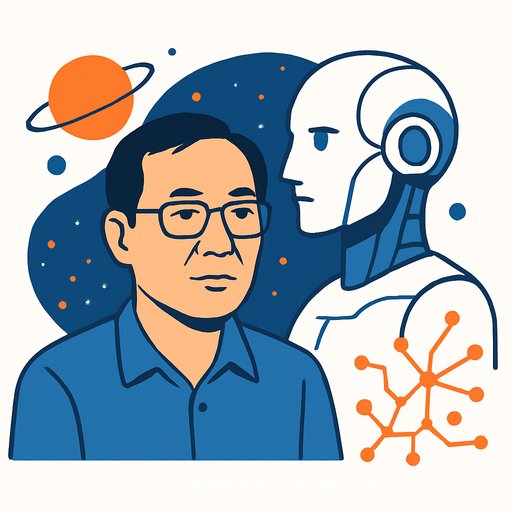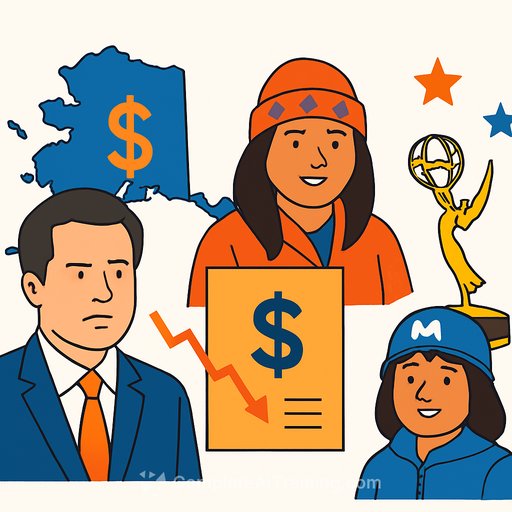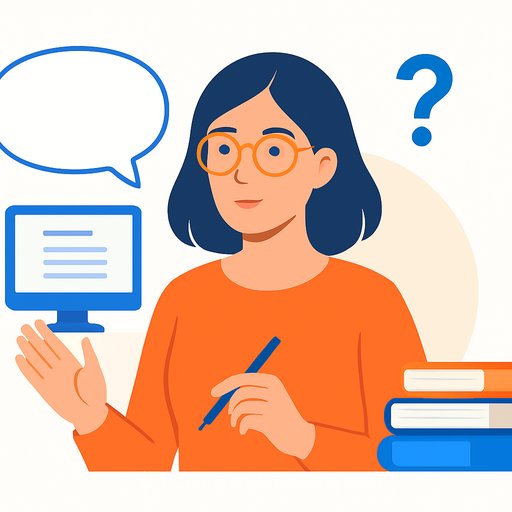Salesforce sued by authors over AI training: what writers need to know
Salesforce faces a proposed class action from novelists Molly Tanzer and Jennifer Gilmore, who allege the company used thousands of books without permission to train its xGen AI language models. The complaint says their works, along with many others, were ingested from pirated sources.
A Salesforce spokesperson declined to comment. The filing also points to past remarks from CEO Marc Benioff criticizing AI companies for using "stolen" training data and stating that paying creators would be "very easy to do."
This case joins a wave of litigation by authors, news outlets, and other rights holders against AI developers, including OpenAI, Microsoft, and Meta. The complaint notes that Anthropic agreed to a $1.5 billion settlement with a separate group of authors in August.
Why this matters to working writers
If training sets include books without consent, your catalog could be used to help produce outputs that compete with your own work. These lawsuits aim to clarify consent, compensation, and transparency-key questions that directly affect your income and future contracts.
What the plaintiffs argue
- Salesforce allegedly used pirated books, including works by Tanzer and Gilmore, to train xGen.
- The authors seek compensation and stronger transparency about training data sources.
- The complaint highlights Benioff's prior public stance that companies should pay creators for training data.
Action steps to protect your work
- Register your copyrights. It strengthens your position in any enforcement action. See the U.S. Copyright Office's guidance: copyright.gov/registration.
- Add clear licensing language to your site and contracts. Specify whether AI training is allowed, and under what terms.
- Use technical signals where possible. Consider robots.txt rules and AI-specific directives that some providers respect (for example via X-Robots-Tag). These are not universal, but they can help set expectations.
- Keep records. Maintain dated drafts, contracts, and publication proofs to document ownership and use.
- Join collective efforts. Professional groups and class actions can increase leverage and reduce individual costs.
- Stay informed on policy. The U.S. Copyright Office posts updates on AI and copyright: copyright.gov/ai.
What's next
Watch for early motions that test whether training on copyrighted books without consent is defensible and whether damages or licensing frameworks emerge. Expect more filings and, potentially, settlements that set payment and transparency standards across the industry.
Using AI without undermining your catalog
You can adopt AI tools for drafting and brainstorming while keeping your rights intact. Vet tools, review their data policies, and use them for process, not plagiarism. For curated options that support writing workflows, see this overview: AI tools for copywriting.
Your membership also unlocks:

